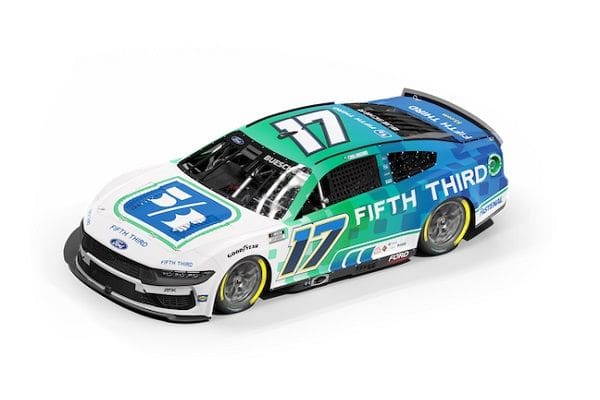A rare white grizzly bear that became a viral sensation thanks to its habit of frequenting the shoulder of a busy Canadian highway died last week after being hit by a car just hours after her two cubs met a similar fate.
Wildlife management staff were repairing the fence along the highway west of Lake Louise on June 6 when they attempted “to encourage the bear to spend time away from the roadside,” Parks Canada announced on Monday, according to a statement reported by CBC News. The bear was reportedly startled by a train and ran into the road, where it was struck by a vehicle.
After watching Nakoda (designated as Bear 178 by researchers) climb a fence and head into the forest with “no apparent injuries other than a limp,” officials initially thought the bear would survive, according to a Canadian Press report. But a signal from the tracking collar on June 8 alerted biologists that the bear was dead.
The accident came just 12 hours after Nakoda’s two cubs were struck and killed along the same highway.
@uwangsway Nakoda the rare white grizzly bear in Banff, Alberta #tiktokalberta #tiktokcalgary #tiktokedmonton #tiktokyyc #bear #whitegrizzly #grizzlybear #wildlife #banff #alberta #curiocitycalgary
♬ FEEL THE GROOVE – Queens Road, Fabian Graetz
“Since 2022, our Parks Canada wildlife management team has actually spent a significant amount of time, and I mean hundreds upon hundreds of hours, managing Bear 178,” Saudi Stevens, a wildlife management specialist with Parks Canada, said during a news briefing announcing the deaths. “Just weeks ago, everyone in our office were actually celebrating her emergence from the den with two new cubs.”
Known for her unusual white coat, Nakoda was not an albino bear; instead her distinctive appearance was thought to be caused by a natural color phase variation that, while rare, is not unheard of.
“It’s certainly the only one I’m aware of that’s been seen in our Rocky Mountain National Park, but throughout grizzly bear range, grizzlies are known to vary in colour from very dark to almost black,” Seth Cherry, a wildlife ecologist with Canada Parks told Global News in 2020. “Your more typical colours are brown or blonde, but occasionally, you do see really light bears like this that look almost white.”
Read the full article here




